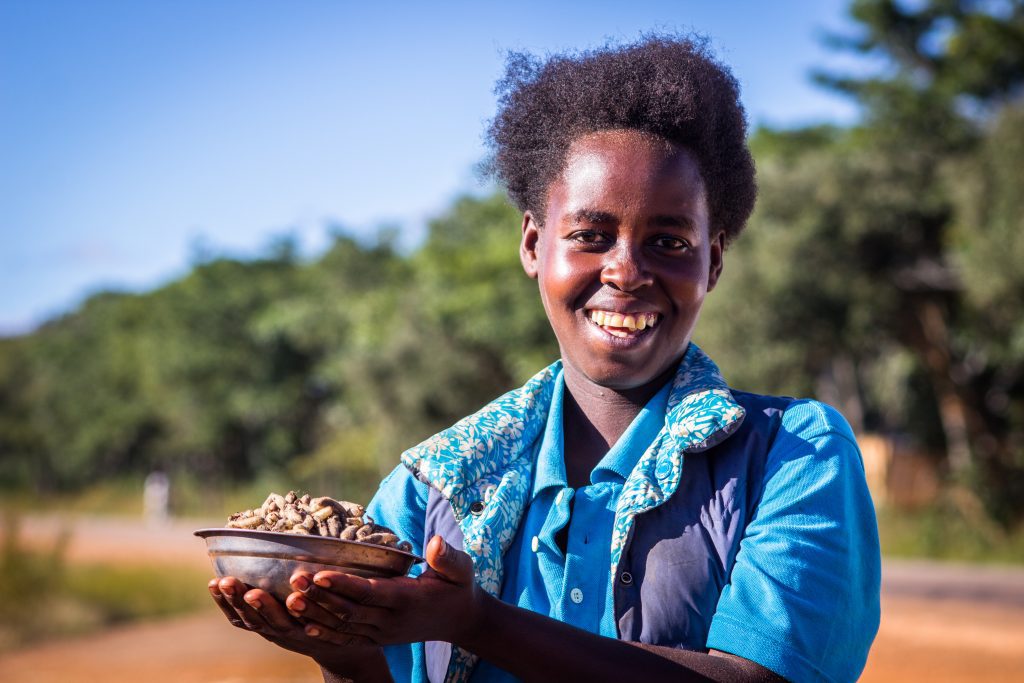Financial inclusion and COVID-19 in Zambia: new study reveals importance of agent and mobile banking

Financial exclusion affects 54 percent of Zambia’s adult population. In 2017, Comic Relief and Jersey Overseas Aid launched a joint programme, Branching Out: Financial Inclusion at the Margins to increase financial inclusion in Rwanda, Zambia and Sierra Leone.
Together, these two organizations aim to provide more people with access to bank accounts, savings groups, insurance and credit, to offer low-income households practical tools to better plan for the future, to achieve long-term goals and also be prepared for unexpected emergencies.
In 2019, the organizations partnered with FINCA Zambia to expand the microfinance institution’s agent banking network from 75 agents to 800. The agent network consists of local merchants and shopkeepers who provide basic banking services in remote, mostly rural areas where FINCA does not have a physical bank. For many Zambians, traveling to a bank is cost-prohibitive in terms of both time and money. Agents become the only realistic option.
During Financial Inclusion Week, Comic Relief and Jersey Overseas Aid released a report, Resilient and Inclusive Financial Services Delivery During COVID-19, that explores the impact of the global pandemic and important lessons learned for financial inclusion. The COVID-19 pandemic had significant consequences for those without reliable access to financial services due to:
- Reduced face to face financial service delivery, which fell from 35% to 24%. When bank branches closed, those without access to the internet or technology could not access financial services.
- Travel restrictions. Many cross-border traders were prevented from making physical transactions and lacked resources to adapt to technology-driven business transactions such as placing orders online and making electronic payments to offshore suppliers. In addition, farmers could not bring produce to their regular urban markets.
These additional challenges added to existing barriers to financial inclusion including location, lack of access to the internet and technology, and inadequate digital and financial literacy. In other words, COVID-19 threatened to make financial exclusion worse.
The report identified several critical steps taken during the pandemic to accelerate the use of agent networks and mobile banking to safely deliver financial services in remote areas in Zambia, including:
- Government bodies providing the use of the agent banking network. This contributed to the significant increase in their use, from 42% to 47%.
- Financial service providers accelerating a transition to mobile banking. Mobile banking increased from 26% to 36%.
While the pandemic accelerated the use of agent networks and the digitization of financial services, which the study shows has been largely positive, many people will continue to be financially excluded if education and tools to access financial services are not provided to low-income Zambians. Distrust in banks, reduced access to digital technology, and a lack of financial and digital literacy are still significant barriers to building the financial health of rural residents in Zambia.
FINCA’s work shows the impact of the Branching Out initiative in Zambian communities, but there is more work to be done to expand meaningful access to financial services. If the agent banking network can be increased, in collaboration with Comic Relief and Jersey Overseas Aid, more people will be able to build their financial health, run successful businesses, and contribute to the overall Zambian economy.
Photo credit: Joe Nkadaani/CIFOR/cifor.org